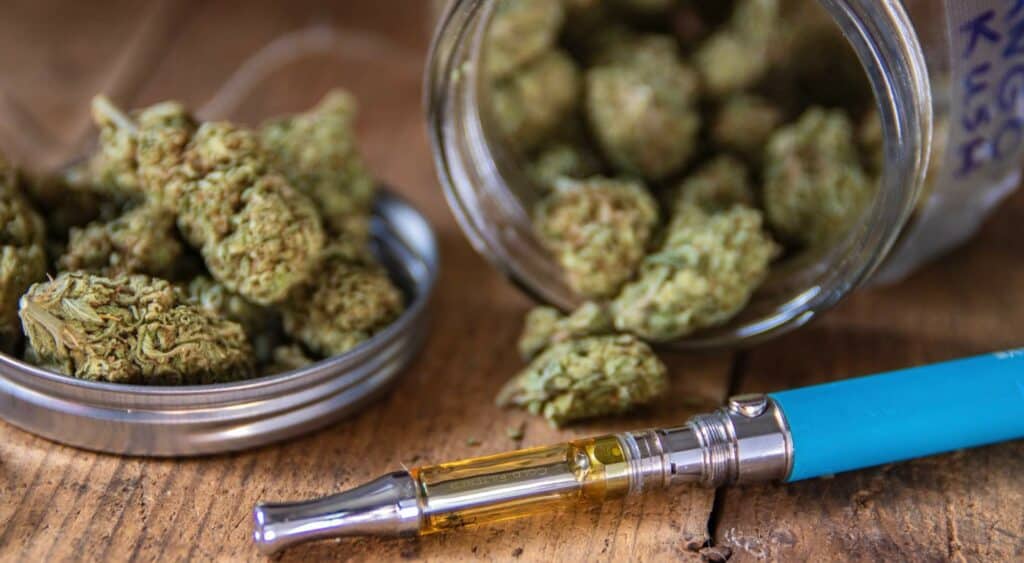Medical Cannabis Use and Effects
Common Uses of Medical Cannabis:
- Pain Management:
The cannabinoids in cannabis can help alleviate pain by interacting with the body’s endocannabinoid system.
- Mental Health Disorders:
However, the effects on mental health can be complex, and while CBD may help reduce anxiety, THC can, in some cases, increase anxiety in certain individuals.
- Nausea and Vomiting (Chemotherapy-induced):
- Epilepsy:
Cannabis, particularly CBD, has shown promise in reducing the frequency and severity of seizures in certain types of epilepsy, such as Dravet syndrome and Lennox-Gastaut syndrome.
- Sleep Disorders:
Cannabis, especially with THC, can help with insomnia by promoting relaxation and aiding in sleep.
- Appetite Stimulation:

For individuals suffering from conditions like HIV/AIDS or cancer, medical cannabis can help stimulate appetite and prevent weight loss.
Potential Effects:
- Positive Effects:
Pain Relief: Reduction in chronic pain and inflammation.
Muscle Relaxation: Helps with spasticity in conditions like multiple sclerosis.
Improved Sleep: Many users experience better quality of sleep.
Reduced Anxiety and Stress: Some patients find relief from symptoms of anxiety, particularly with higher CBD strains.
- Negative Effects:
Cognitive Impairment: THC can cause short-term memory issues, concentration problems, and cognitive impairment.
Paranoia and Anxiety: Some people, particularly those who are sensitive to THC, may experience increased anxiety or paranoia.
Addiction Potential: While the risk of addiction is generally lower than other substances, regular use of cannabis can lead to dependence or abuse in some individuals.
Lung Issues: Smoking cannabis can irritate the lungs, leading to chronic cough and respiratory issues, though vaporizing or consuming edibles may reduce these risks.
Methods of Use:
- Smoking or Vaporizing:
- Edibles:
The effects take longer to set in but last longer.
- Tinctures or Oils:
- Topicals:
Legal and Medical Considerations:
Legality: The legality of medical cannabis varies widely by country and region, with some allowing its use for specific conditions and others prohibiting it entirely.
Medical Supervision: It’s important for patients to use medical cannabis under the supervision of a healthcare provider to avoid adverse effects and ensure the right dosage and strain.
